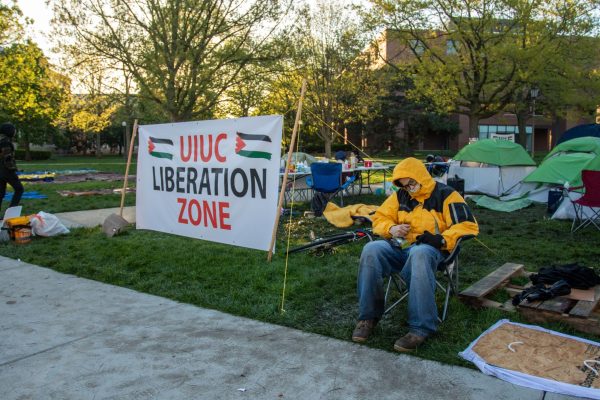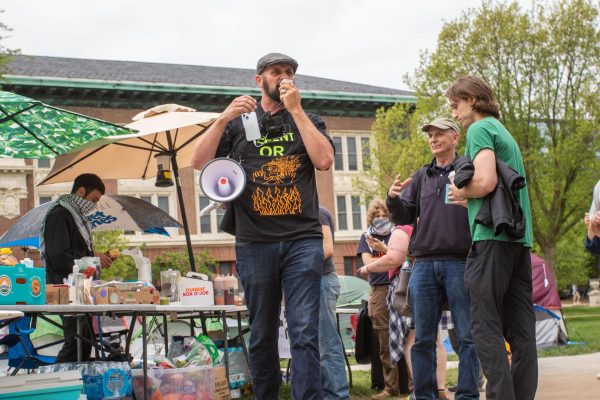Supreme Court decision stands by justice
June 26, 2008
Justice is making a comeback.
In a 5-4 vote, the U.S. Supreme Court dealt a striking blow to the Bush administration on June 12 by ruling that so-called enemy combatants being held at Guantanamo Bay, Cuba have the right to challenge their detention in federal court.
The Court’s majority opinion, written by Justice Anthony Kennedy, overturned part of the Military Commissions Act of 2006 that removed federal court jurisdiction to hear habeas corpus petitions from Guantanamo detainees.
This ruling puts an end to six years of shady U.S. anti-terror policy that began when the first detainees were brought to the camp in 2002, and has stirred up a political hornet’s nest perfect for election season.
The dissenting justices were scathing in their retort and, in the opinion written by Justice Antonin Scalia, suggested the move “would almost certainly cause more Americans to be killed,” an idea that was quickly picked up by the right.
Get The Daily Illini in your inbox!
According to the New York Times, at a town hall meeting in New Jersey the day following the announcement of the ruling, presumptive Republican presidential candidate Sen. John McCain echoed the sentiments of the dissenters and called it “one of the worst decisions in the history of the country.”
Of course, the detractors of this important ruling are forgetting one important thing: if the detainees are allowed to challenge their imprisonment in the courts — one of our most sacred constitutional protections from tyranny — it does not necessarily mean they will be set free.
By granting the prisoners the right of habeas corpus, the Court is merely requiring that the Bush administration submit evidence to appealing detainees that they are being held lawfully.
If a case can be presented for why an individual detainee is being held, they aren’t going anywhere.
However, if no such evidence exists, detention will end. And that’s really the way it should be. The great fear in all this, of course, is that guilty terrorists will go free. And it definitely is a possibility. But, given the track record of the Guantanamo facility, many of the guilty already have.
According to the BBC, some 775 detainees have been brought to Guantanamo since the camp opened first started housing terror suspects in 2002. Of those, about 420 have been released without charge.
The Pentagon has speculated that, of those released, nearly 40 are “confirmed or suspected of having returned to terrorism.”
It is also important to note that, to date, not one single prisoner has been convicted of any crime related to terrorist activities. But to give the government credit, six are currently set to stand trial at an indeterminate time for crimes related to the 9/11 attacks.
Now, I may be alone on this, but if the government is going to deny as basic of a right as the ability to challenge the lawfulness of one’s imprisonment, they should at least be getting tangible results – especially after six years. Given the fact that these results haven’t come, there is no justification for the continuation of this draconian policy.
Fundamental constitutional rights need to be respected. It’s been a long time coming, but the Supreme Court made the right call on this one.






